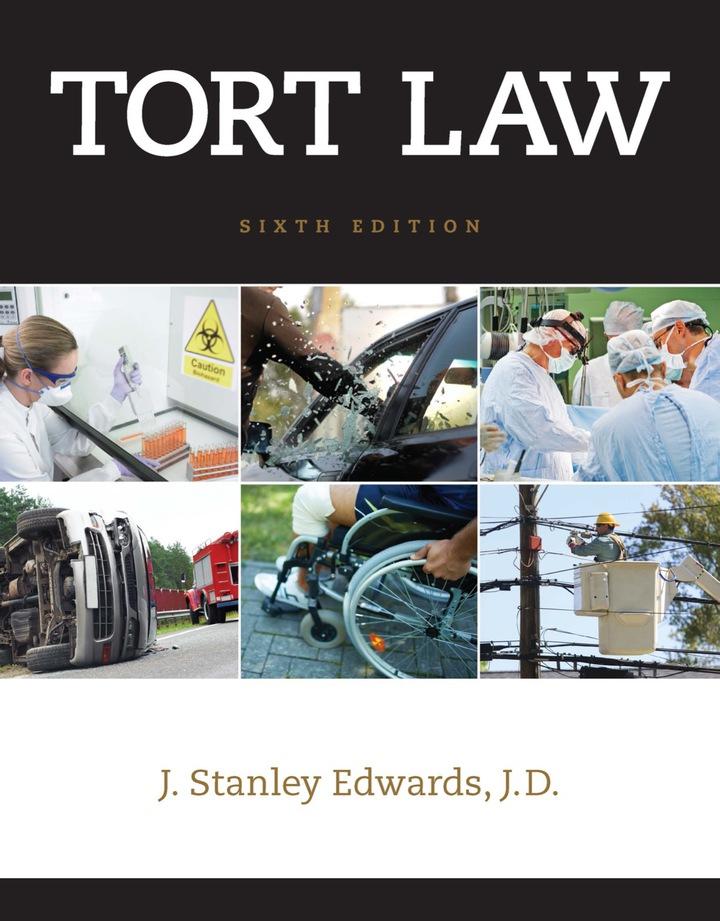Your firm has agreed to represent Scott, an insured of XYZ Insurance Company. Scott was sued by
Question:
Your firm has agreed to represent Scott, an insured of XYZ Insurance Company.
Scott was sued by a person injured in an automobile accident that Scott was responsible for. Scott’s policy limits were $15,000 per person, $30,000 per accident. The jury returned a verdict against Scott for $50,000. XYZ paid for the defense of the suit and paid the plaintiff $15,000 after the verdict was entered.
Scott wants to know what options he has. He will have to file for bankruptcy if he has to pay the excess judgment of $35,000. Your supervising attorneys want to find out if XYZ committed bad faith in not settling Scott’s case.
1. What will you have to prove to show XYZ acted in bad faith?
2. Is an excess judgment always caused by bad faith?
3. What evidence will need to be presented if you are going to establish a cause of action for bad faith?
Step by Step Answer:






